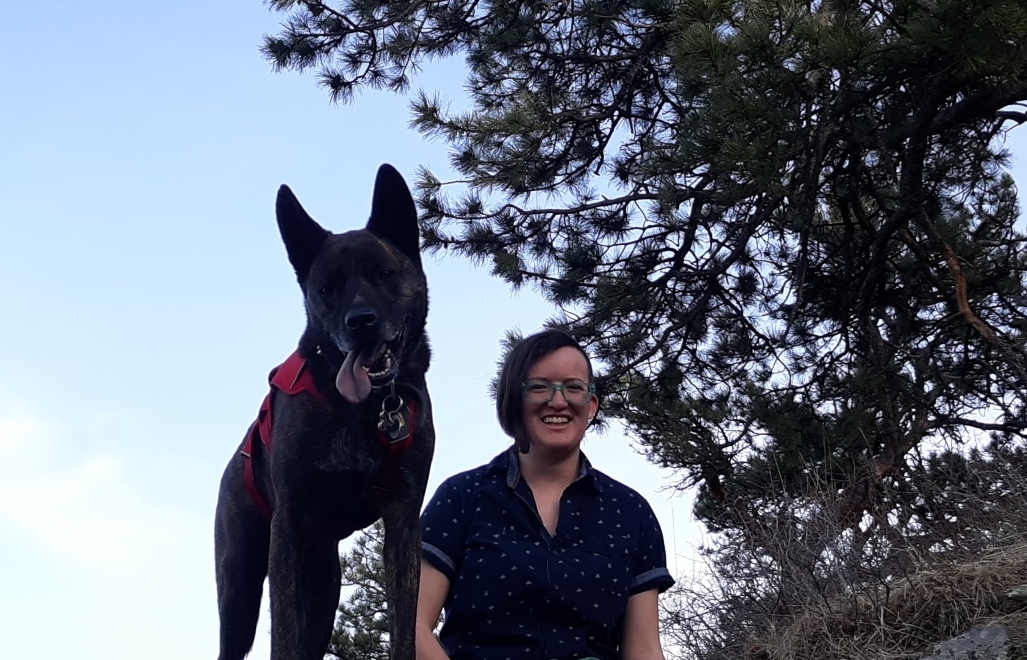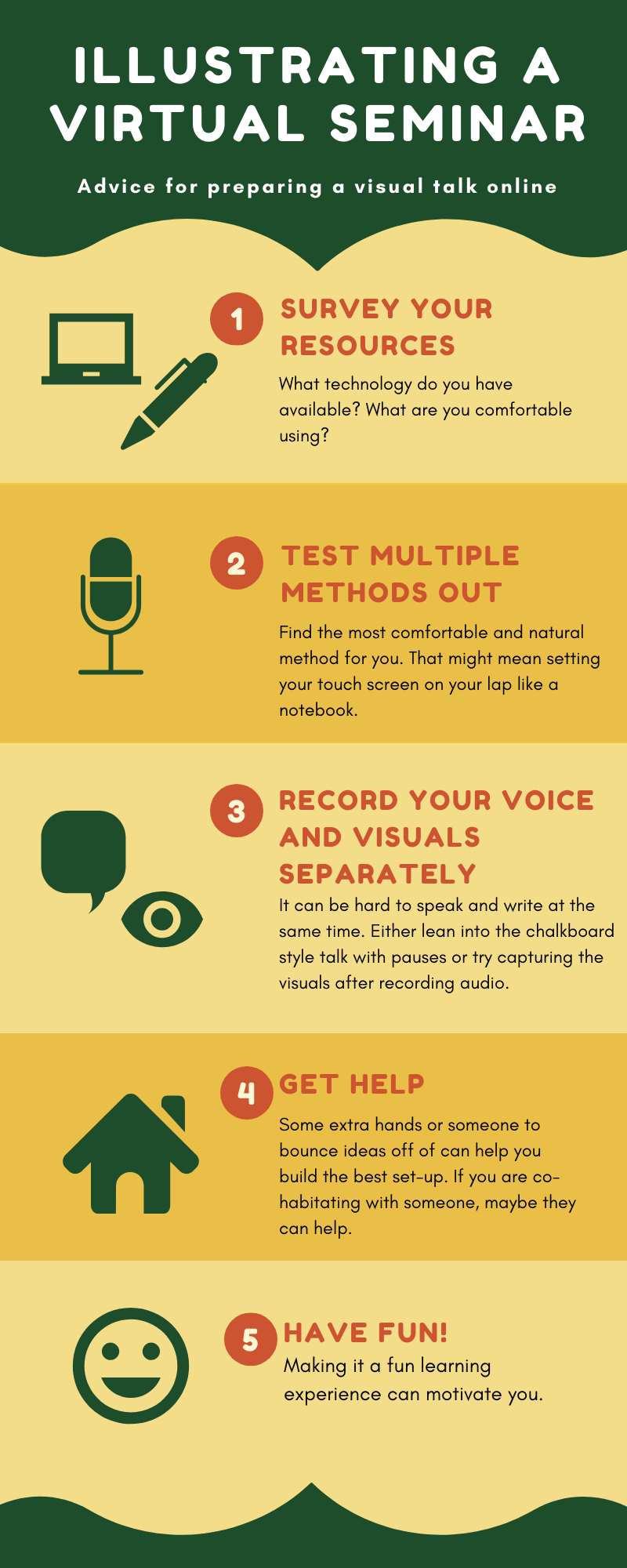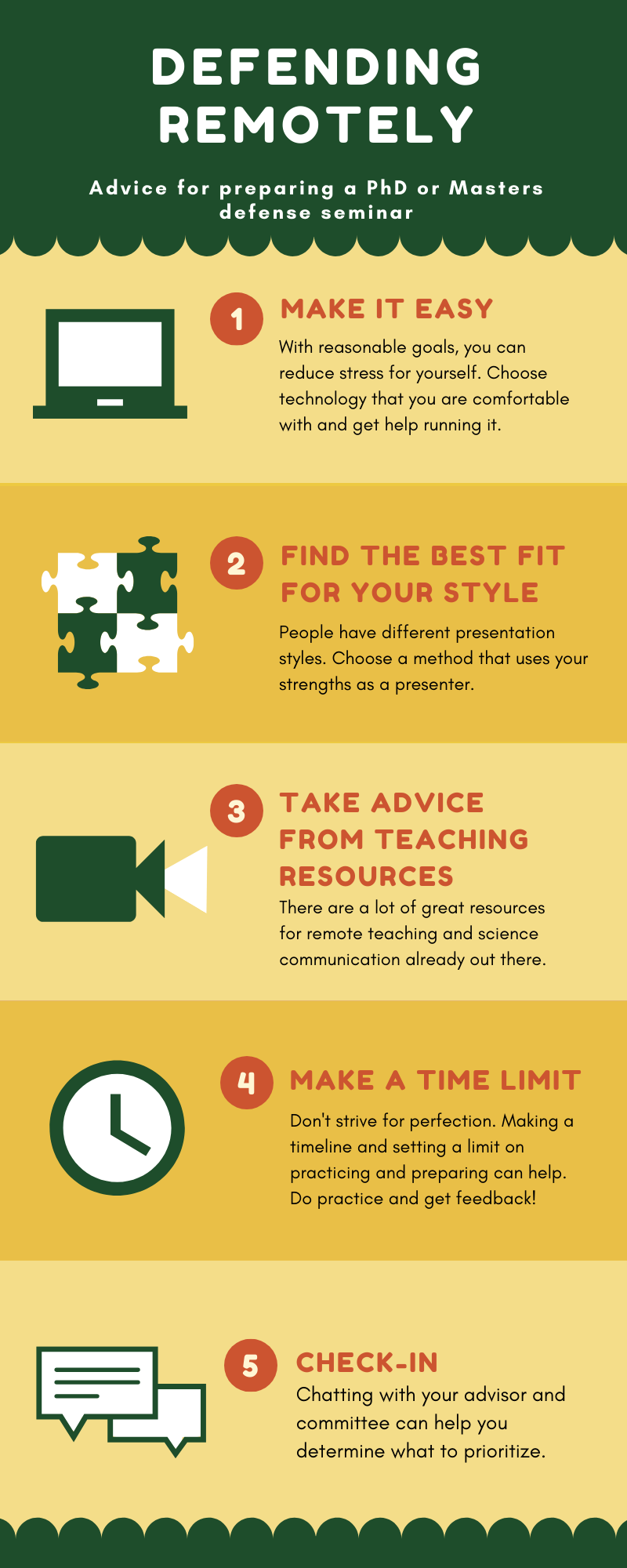
Theresa Barosh suggests that candidates find a way to celebrate a successful virtual dissertation defense, even if it requires proper social distancing.
In the week following Spring Break, as the Colorado State University community worked to adjust to new norms driven by the coronavirus crisis, Theresa Barosh rose to the challenge of successfully defending a dissertation remotely.
When President Joyce McConnell declared that all university operations would move to online and virtual platforms on March 19, Barosh realized a quick and decisive strategy was needed to prepare for the defense scheduled on March 25. Communication, followed by even more communication, and flexibility was key.
And, with support from advisors, committee members, a mentor network, and CSU’s Graduate School, the doctoral candidate in the Graduate Degree Program in Ecology was able to effectively defend in a way that met both personal and professional aspirations.
“Acknowledging and sharing this major life accomplishment with family, friends, and colleagues was paramount,” said Barosh.

While tremendously disappointed that family and friends could not watch the defense in person, Barosh managed to have some fun while also sharing the results of many years of work by creating and illustrating a virtual defense seminar. It was shared on YouTube prior to the closed virtual defense with graduate committee members.
The feedback to the seminar on a personal Twitter was swift and positive, including pictures of loved ones enjoying the virtual defense.
“Getting immediate feedback through social media proved to be a bit distracting but the support was also so encouraging,” Barosh reflected.
Engaging remotely
This is the video of Theresa Barosh’s Ph.D. defense seminar.
With a completed seminar now recorded and publicly available, Barosh sharply focused the next two days on the final, closed phase of the defense. The committee members were all in separate locations, participating in the process through Microsoft Teams. This raised concerns about how to make sure they were engaged in the presentation, and required a modified approach.
“I hoped it would feel like an organic conversation and facilitate all of us getting the most out of the meeting,” said Barosh.
The revised plan involved incorporating some aspects of the illustrated virtual seminar to deliver better, more engaging visuals. Additional practice sessions and test video calls were also necessary for all committee members to be comfortable with the technology and able to join the presentation.
Unexpected positives
Barosh found that defending remotely certainly had some negatives but also some unexpected positives.
“I believe the virtual platform forced a more methodical and thorough approach to feedback, which turned out to be a small positive in a tough situation,” said Barosh.
After Barosh’s successful defense, fellow students and colleagues were very curious about how one celebrates properly while also social distancing. For Barosh, the answer was a special lunch and a hike.
Barosh’s advice for those with upcoming defenses, capstone projects, or preliminaries is to prioritize your well-being and take time to celebrate even during these uncertain times. “Please celebrate afterwards in a way that is safe and feels most special to you!”
Barosh not only looked for the helpers but also endeavored to be the helper amid the crisis, by beginning the next day to share best practices for illustrating a virtual defense with fellow graduate students. The resulting resource guide breaking down the process was published April 1 on EcoPress.
In addition to learning aids with quick steps, the guide includes recommendations for assessing resources, setting up a workspace, editing the video, setting reasonable expectations, and thoroughly communicating with mentors, advisors, and committee members.
Tips for virtually defending a dissertation

